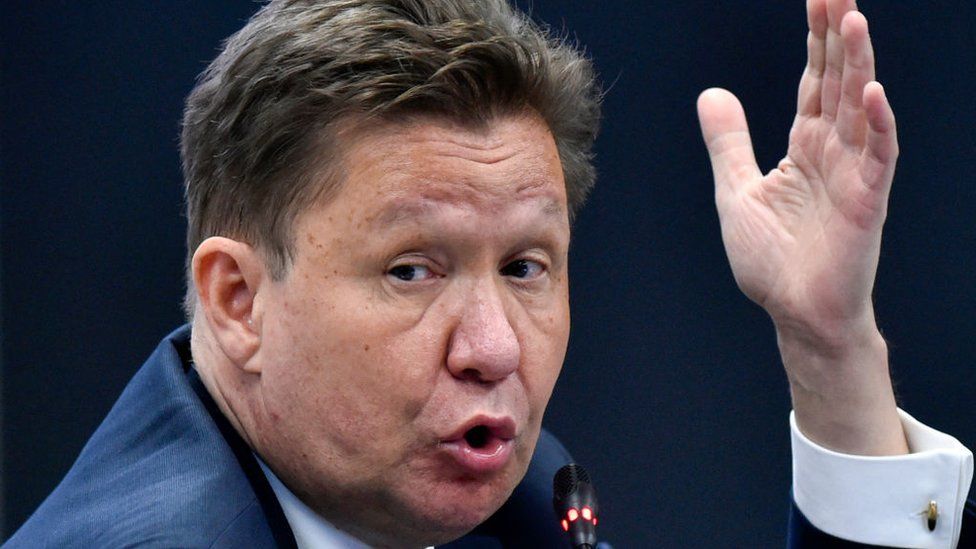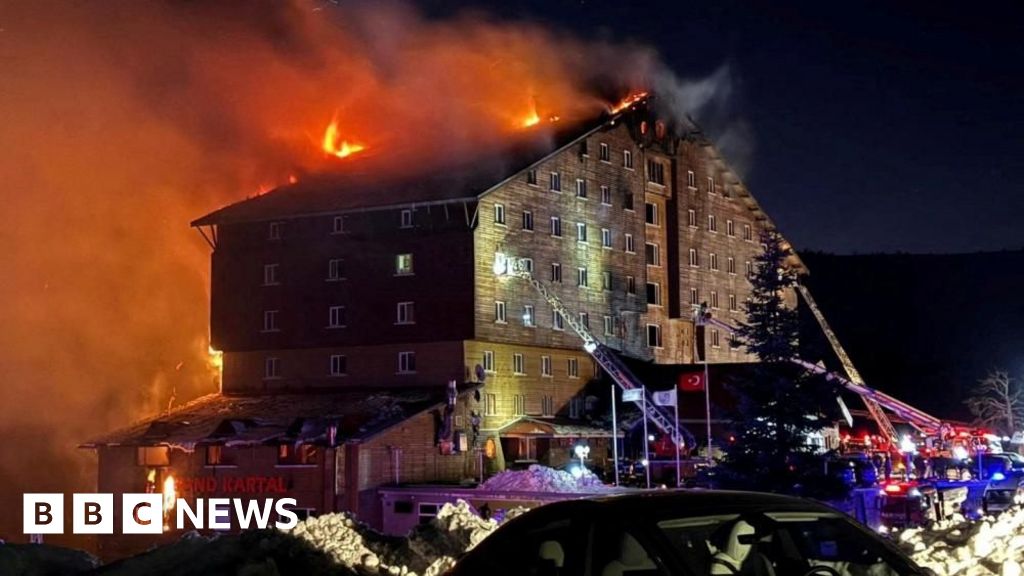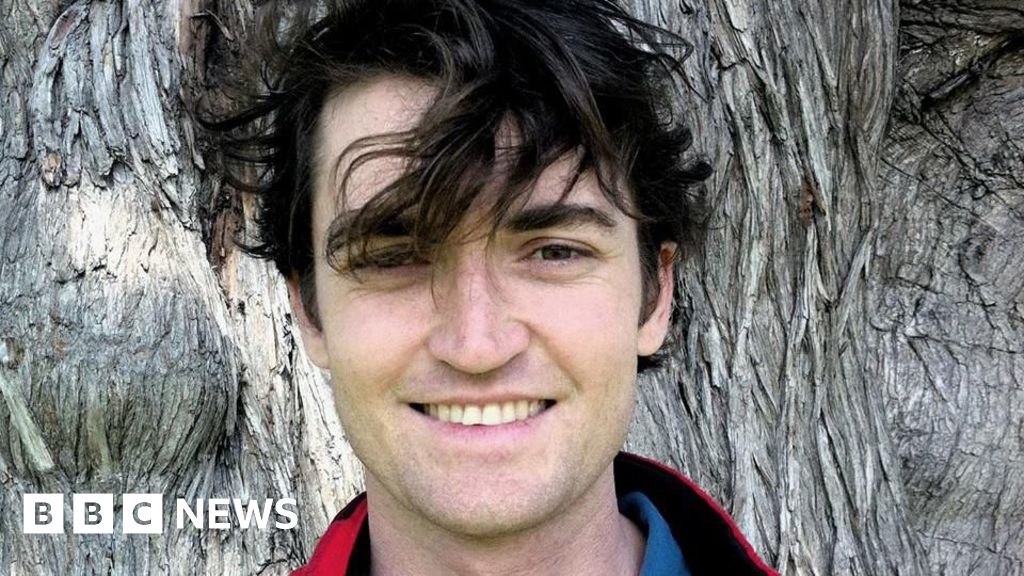ARTICLE AD BOX
 Image source, Getty Images
Image source, Getty Images
The head of Gazprom, Alexei Miller, said Russia would play by its own rules after limiting the amount of gas to Germany
The boss of Russian state-controlled gas giant Gazprom has said it is a case of "our product, our rules" after the firm halved its supply to Germany.
The German economy minister has accused Gazprom of attempting to push up energy prices by sharply reducing supplies.
But Gazprom said it was due to the delayed return of equipment serviced by Germany's Siemens Energy in Canada.
Italy and Austria have also reported big falls in Russian gas supply. The Kremlin said this was not premeditated.
Gazprom chief executive Alexei Miller said Russia would play by its own rules after limiting the amount of gas to Germany to under 70m cubic metres per day - well under half the current rate.
"Our product, our rules. We don't play by rules we didn't create," Mr Miller said during a panel discussion at the St Petersburg International Economic Forum.
He said he saw no solution to the equipment issue at the Portovaya compressor station, part of the Nord Stream 1 pipeline that carries Russian gas to Germany.
Mr Miller blamed sanctions for hampering the return of equipment - a claim Germany dismissed as "unfounded".
Meanwhile, Italian energy giant Eni said it would receive only 65% of the gas requested on Thursday from Gazprom, because of the problems at Portovaya.
But the Italian government has all possible counter-measures in place if gas supply cuts from Russia continue in the coming days, the country's ecological transition minister said on Thursday.
"The gas situation is under control, we are monitoring flows day and night, damages are so far limited," Roberto Cingolani said.
Gazprom blames repair work for cutting the supply of gas through the Nordstream 1 pipeline to Germany to 40% of its usual capacity.
Few here believe the Russian firm.
Least of all Robert Habeck, the economy and climate change minister. This was, he said, a political decision. One taken, presumably, to coincide with Chancellor Olaf Scholz's visit to Ukraine (Gazprom announced on Tuesday that it would decrease the delivery, then announced a further reduction on Wednesday).
It's a warning sign, said the president of the Federal Network Agency, which is responsible for Germany's energy infrastructure. Klaus Mueller accused Russia of trying to spread insecurity and drive up the price of gas.
The government has urged people and businesses to save energy, but says that there's currently no shortage of supply. There's little sense of panic here: it's summer, after all, and most newspapers are busy reporting an impending heat wave this weekend. Still, the agency warns that, should the reduced gas supply continue, Germany will have a problem. Reservoirs need to be filled ahead of the winter.
And there's no doubt that the move has alarmed Berlin. Germany remains heavily dependent on Russian gas and, while it's assumed Vladimir Putin won't want to do without the revenue, Mr Mueller said the possibility of Russia halting supplies couldn't be ruled out.
European energy companies, including Italy's ENI, Austria's OMV and Germany's Uniper, have reported significant falls in supply of Russian gas on Wednesday and Thursday.
Gazprom reduced its gas supply to Italy by about 15% on Wednesday, ENI said. Italy, like Germany, is heavily reliant on Russian gas, which accounts for 40% of its imports.
Poland, Bulgaria, Finland, Denmark and the Netherlands have already had their Russian natural gas deliveries suspended after they refused a demand for "unfriendly countries" to pay in Russian roubles.
Russia's payment demand was seen as an attempt to boost the rouble after it was hit by Western sanctions. Greater foreign exchange demand for roubles is likely to increase demand and push up the currency's value.

 2 years ago
54
2 years ago
54








 English (US) ·
English (US) ·